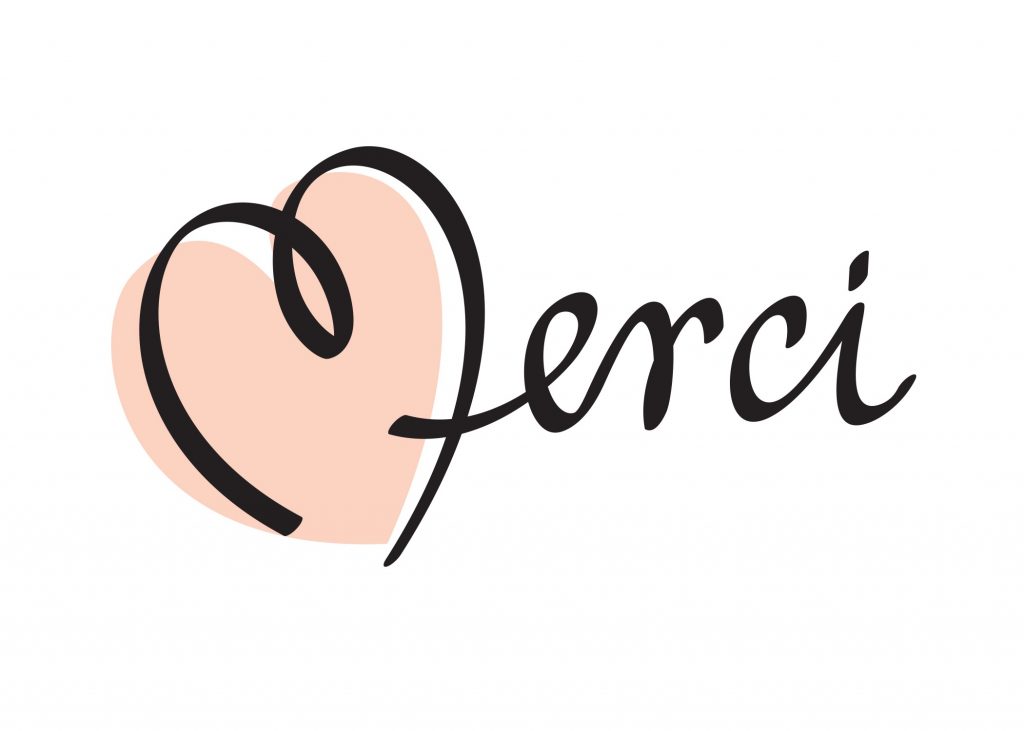
When Bambi immigrated to Montreal, Québec, Canada in 1990 (at age 17), it took her two years to adjust completely to her new Canadian life and feel she is a Montrealer and a Québecker. This became her new home. Thanks to her dad who loved to explore places with his family, she had the chance to visit almost all of Québec’s beautiful regions. She fell even more in love with her Québec. It was natural for her to partly dedicate her PhD dissertation to her adoptive country and her country of birth.
Fifteen years later, when she moved to Toronto, Ontario, it took her two weeks to feel Torontonian (thus Ontarian). She felt home. When she left this charming city, she took the time to say good-bye to all those familiar faces she used to see daily (i.e, in the subway stores, on her street, etc.). Among those kind faces, there was a man whom she had the chance to meet again when she returned to Toronto many years later. She dropped by his store in the subway, despite the huge number of people he sees daily, he recognized her, imagine. He even asked about her spouse and if he found a job in New Brunswick (NB).
Bambi spent four years in Toronto. When she left the latter to accept her now suspended position, it took her two days to feel Sackvillian. She easily became a proud New Brunswicker. Even the bad cook she is managed to cook a seafood chowder (when her spouse, the king of their kitchen, was away!). She was told by her friends that she was officially a Maritimer ?. Well, Canadians are notoriously known to be kind and good-hearted. Maritimers perhaps even the most! For instance, when Bambi walks in the street of her university town, she is moved to see/hear the town’s cab drivers honk their horns and wave hello ?. It always reminds her of her childhood neighbourhood in Beirut.
When she visits NB beautiful beaches, villages, and cities, she meets good-hearted people who talk to strangers and make them feel welcome. Local people in her town used to ask her spouse: “Are you from far away?” And when she opens her mouth, they ask her” “Are you from very far away”? Is there anything more cute and accurate than that? She is indeed originally from very far away… and yet she feels so rooted, connected, and welcomed.
Of course, there are funny stories like when she was working once until perhaps 1:00 AM in her office preparing the next lecture and writing a grant. She finished and decided to take a cab instead of walking. Her spouse and her did not have the time to chat as he was rushing to return home fast and she was swamped. She learned from the cab driver that he was on the airplane on his way home. In how many cities does this happen? Only in our cute Sackville… She thanked him for reassuring her ?.
Once, a senior man asked her in a Tim Horton’s in Moncton if he can touch her hair (it is curly and most people have straight hair around here). She said: “Of course, why not? Go ahead sir!”. Her spouse was amused by the scene. When Bambi was visiting the village of Bouctouche, once, she bumped into a group of men speaking Chiac (the latter language is based on Acadian French mixed with English… like Yiddish or Creole), she was fascinated! She asked them if she can tape them to share with her sister in Lebanon (a French writer and a journalist). They generously accepted. Her spouse and her sat with them and chatted comparing the French of Québec versus the one of Lebanon and the one of NB.
Year after year, she has sent a number of touristic videos to her loved ones in Lebanon and abroad to show them NB and the Maritimes. At one point, a cousin joked, asking whether she was being paid by her government to promote NB ?? She said: “no, I just love it“!
A clever description of NB came from her smart spouse when they initially moved here. He said NB is like a mini-Canada. You have First nations, English-speaking, and French-speaking groups. You also have immigrants as well semi-rural areas. NB is a mini-Canada indeed.
Canada has opened its arms to welcome Bambi and her family, offering them safety, dignity, and democracy… at least up until now. After two years in Canada, Bambi lucidly made the decision to stay and root herself in Canada. She kept her loyal love to her Lebanon whilst increasingly falling in love with her Canada.
To conclude this post on a philosophical note, when she moved to Sackville, Bambi was asked the classical question: You come from a bigger place, how would you adjust to the smaller? She replied: Although I lived in bigger places like Toronto, Montreal, or Beirut, I come from a tiny country originally… plus I am small myself ?.
Seriously now, when Bambi’ sister asked her if the smallness of her new town (5000 people when full) bothers her. Bambi replied that it is not the smallness of a place that would bother me, it is the small mindedness. She said it in French, mind you: «Ce n’est pas la petitesse d’un endroit qui me dérangerait, c’est plutôt la petitesse d’esprit».
Intolerance of different opinions is not just a sign of small-mindedness. It is a cheeky attack to academic freedom/free expression. Bambi is the target today. Tomorrow whom, across our universities or country? The double educational and democratic tragedy is the same: Fear. Silencing someone scares others. When fear is reinforced, democracy is diminished. No one should be gagged in life, neither Bambi nor any other human being.

















